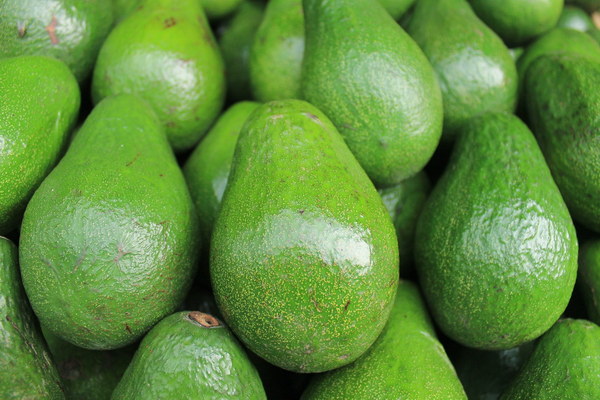Reviving Yin and Yang A Guide to Herbal Teas for Kidney Deficiency and Dual Weakness
Introduction:
In traditional Chinese medicine, kidney deficiency is a common condition that can lead to a variety of symptoms, including fatigue, weakness, and a general sense of malaise. One of the key concepts in TCM is the balance of Yin and Yang, which are complementary forces that maintain the body's health. When either Yin or Yang is deficient, it can result in what is known as dual weakness. This article explores the use of herbal teas, known as tonics, to help restore balance to the kidneys and address both Yin and Yang deficiencies.
The Importance of Kidney Health in TCM
In TCM, the kidneys are considered the root of life, governing growth, reproduction, and the body's defense mechanisms. They are also associated with the bones, hair, and hearing. When the kidneys are weak, it can manifest as a lack of energy, frequent urination, and other symptoms. To address these issues, TCM practitioners often recommend herbal teas that tonify the kidneys and restore the balance of Yin and Yang.
Herbal Teas for Kidney Deficiency and Dual Weakness
1. He Shou Wu (Polygonum multiflorum)

- He Shou Wu is a popular herb in TCM, known for its ability to nourish the kidneys and replenish both Yin and Yang. It is often used in conjunction with other herbs to strengthen the kidneys and improve overall vitality.
2. Di Huang (Rehmannia glutinosa)
- Di Huang is another key herb in TCM, particularly effective for nourishing Yin. It helps to replenish the body's fluids, reduce heat, and strengthen the kidneys, making it a valuable herb for those with Yin deficiency.
3. Fo Ti (Panax ginseng)
- Fo Ti, or American ginseng, is renowned for its ability to tonify both the kidneys and the overall immune system. It is often used to boost energy and improve overall well-being.
4. Cortex Moutan (Moutan Cortex)
- Cortex Moutan is an herb that is believed to nourish both Yin and Yang. It is often used in combination with other herbs to address kidney deficiencies and improve fertility.
5. Dong Quai (Angelica sinensis)
- Dong Quai is a well-known herb for women's health, but it also has properties that can tonify the kidneys and help balance Yin and Yang. It is often used to alleviate menstrual discomfort and menopausal symptoms.
How to Prepare and Use Herbal Teas
To prepare an herbal tea, follow these steps:
1. Gather the appropriate herbs based on your specific needs.
2. Grind the herbs into a fine powder or use pre-packaged blends.
3. Boil water and pour it over the herbs.
4. Steep the mixture for several minutes, depending on the strength desired.
5. Strain the tea and drink it warm or at room temperature.
Conclusion
Herbal teas are a natural and effective way to address kidney deficiencies and restore the balance of Yin and Yang. While these teas can be beneficial, it is important to consult with a qualified TCM practitioner to ensure the right herbs are chosen for your specific condition. Remember that herbal teas should be used as part of a holistic approach to health, including diet, exercise, and lifestyle changes. With proper care and the right herbal remedies, it is possible to revitalize your kidneys and improve your overall well-being.









